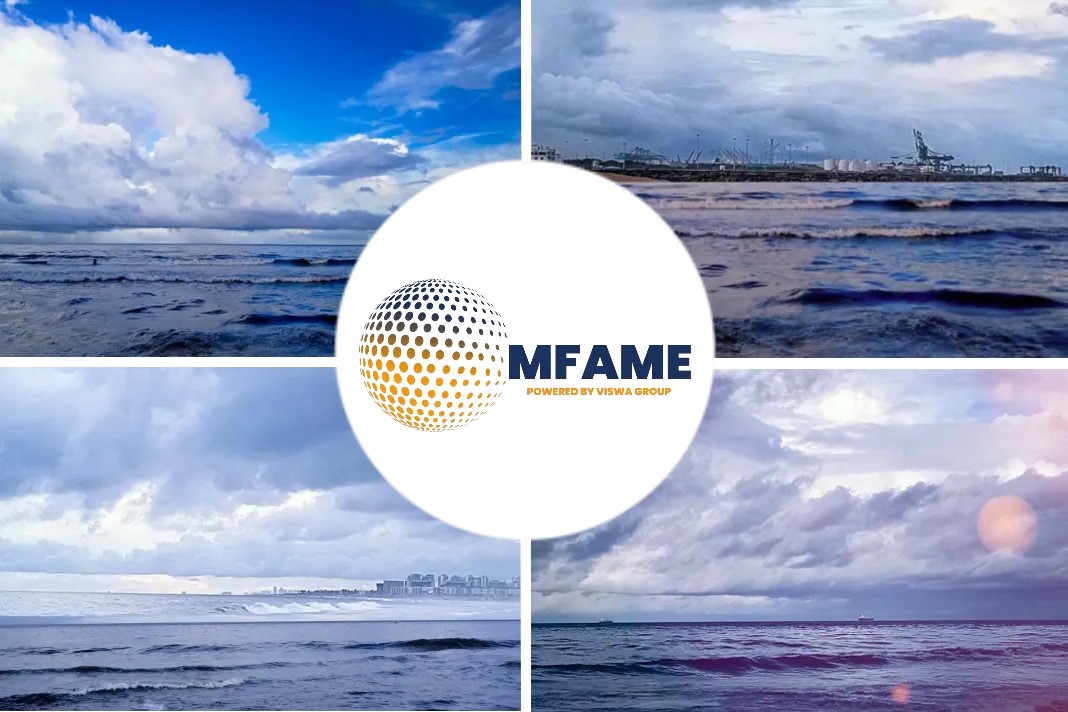When all has been said and done, the recovery of the dry bulk market is down to a number of factors, with the prevailing one being the significant reduction of the dry bulk fleet’s growth. Thankfully for ship owners, this seems to be evolving to a much more stable trend, at least according to dry bulk ship owner Jinhui Shipping.
In a recent outline of the course of the dry bulk market, the company noted that “the first months of 2017 marked a more encouraging market for dry bulk shipping, with meaningful activity in the freight market, reflected by a recovery in asset prices. Both the freight market and asset prices have since rebounded from its trough to better levels. We remain cautious nevertheless and hold the view that the path to a meaningful recovery and demand supply equilibrium will not be without challenges”.
According to Jinhui, “a number of factors will continue to determine the pace of dry bulk market recovery: (1) continued positive demand growth in key dry bulk commodities importing activities from China; (2) a continue recovery or stabilization of dry commodity prices; and most importantly in our view (3) the reduction in shipbuilding capacity where irrational order, and hence oversupply will be discouraged; and (4) geopolitical risks that affect the world trading pattern”.
So, “the difficulties faced by shipyards, buyers and financiers are all pointing towards a much reduced projected fleet growth. The previous round of excessive newbuilding orders driven by irrational expectations of financial return by parties with limited operating experience, with investment rationale driven mainly by their ability to access cheap funding in both the money and capital markets, and fee driven intermediaries acting as a catalyst backfired hard in 2016, leaving all industry participants a very bitter memory”, said Jinhui.
Meanwhile, “delays, conversions of bulk newbuilding orders to other vessel types, cancellations, and shipyard defaults are currently leading to much fewer actual deliveries than previously scheduled. Asset based financing, in particular with respect to maritime assets continue to be hard and expensive to come by. A more stable operating environment will be reached if these continue. Time will tell and we remain patient to witness a healthier market ahead of us”, said the shipowner.
It added that “our mindset remains to be prudent and continue to watch out for uncertainties in the global markets, in particularly the freight market, as well as the financial, commodity and currency markets. Unexpected events will occur and these will inevitably introduce volatility to our business performance, as well as the carrying value of our shipping assets and financial assets. We will continue to refrain from using freight, bunker, currencies or interest rate derivatives to minimize any unnecessary business risks. We will intimately monitor cargo flows in order to deploy our vessels efficiently to optimize revenue, secure and maximize income including potential recoveries from outstanding charter disputes, ensuring the maintenance of a high quality, safe fleet of vessels, and keeping costs in check to enhance our margins in order to remain competitive”, Jinhui concluded.
Did you subscribe for our daily newsletter?
It’s Free! Click here to Subscribe!
Source: HKEX
















